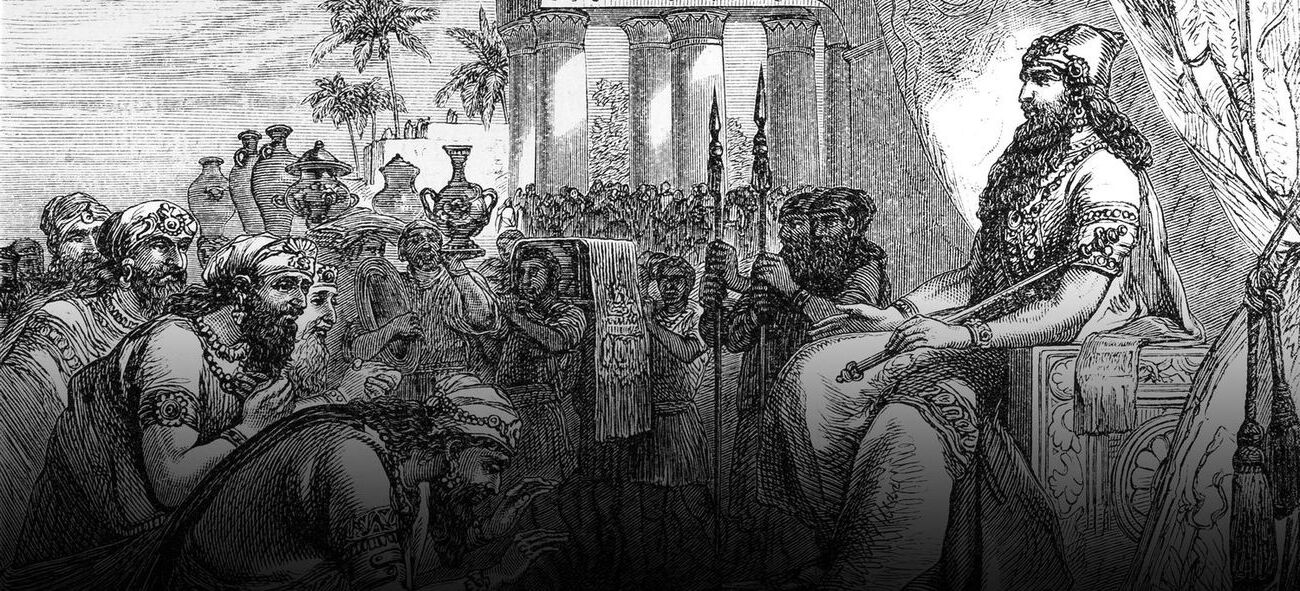
Hammurabi was an ancient Babylonian king, renowned for creating one of the world's earliest and most complete written legal codes. Known as Hammurabi's Code, it established laws covering various aspects of daily life, justice, and governance in Mesopotamia around 1754 BCE. This ruler's legacy extends beyond his legal contributions; his reign marked a period of significant architectural, economic, and cultural development. Through strategic military conquests and diplomatic alliances, Hammurabi expanded his empire, fostering a period of peace and prosperity that allowed arts and trade to flourish. His achievements provide a window into the sophisticated society and governance of ancient Mesopotamia, making his story a captivating chapter in human history.
Who Was Hammurabi?
Hammurabi, the sixth king of the First Babylonian Dynasty, ruled from 1792 to 1750 BCE. His reign is often remembered for his contributions to law and governance. Let's dive into some fascinating facts about this ancient ruler.
Early Life and Ascension to the Throne
Hammurabi's early life set the stage for his future as a powerful king.
-
Hammurabi was born into royalty. His father, Sin-Muballit, was the king of Babylon before him. This royal lineage paved the way for Hammurabi's future rule.
-
He ascended to the throne at a young age. Hammurabi became king around the age of 18. Despite his youth, he quickly demonstrated strong leadership skills.
The Code of Hammurabi
One of Hammurabi's most enduring legacies is his code of laws, which has influenced legal systems for centuries.
-
The Code of Hammurabi is one of the oldest deciphered writings of significant length. It consists of 282 laws inscribed on a stone stele.
-
The laws covered various aspects of daily life. These included trade, labor, property, family, and civil rights, reflecting the complexities of Babylonian society.
-
The principle of "an eye for an eye" originated from his code. This concept of retributive justice aimed to ensure fairness and deter crime.
Military Conquests and Expansion
Hammurabi was not just a lawmaker; he was also a formidable military leader.
-
He expanded Babylon's territory significantly. Through a series of military campaigns, Hammurabi conquered neighboring city-states, including Larsa, Eshnunna, and Mari.
-
Hammurabi's military strategies were innovative. He used tactics such as damming rivers to flood enemy cities, showcasing his strategic prowess.
Contributions to Infrastructure and Economy
Hammurabi's reign saw significant advancements in infrastructure and economic stability.
-
He improved irrigation systems. Hammurabi invested in the construction and maintenance of canals, which boosted agricultural productivity.
-
Hammurabi promoted trade. By securing trade routes and establishing fair trade practices, he enhanced Babylon's economic prosperity.
Religious and Cultural Impact
Hammurabi's influence extended beyond politics and economics to religion and culture.
-
He was a devout follower of Marduk. Hammurabi elevated Marduk, the Babylonian god, to the status of the chief deity, which unified the religious practices of his empire.
-
Hammurabi's reign saw cultural flourishing. Literature, art, and architecture thrived under his rule, leaving a lasting cultural legacy.
Legacy and Historical Significance
Hammurabi's impact on history is profound and enduring.
-
The Code of Hammurabi influenced later legal systems. Elements of his code can be seen in subsequent legal traditions, including Roman law and modern legal systems.
-
Hammurabi is remembered as a just and wise ruler. His contributions to law, governance, and society have cemented his place in history as one of the great ancient leaders.
A Final Glimpse at Hammurabi's Legacy
Hammurabi's contributions stretch far beyond his time, leaving a lasting impact on legal systems worldwide. His code, one of the earliest and most complete written legal documents, established standards for justice that resonate to this day. Through these laws, Hammurabi not only sought to regulate society but also to ensure fairness and protection for all his subjects, regardless of social status. This ancient king's approach to governance, emphasizing justice and equality, has inspired countless legal frameworks throughout history. His legacy, encapsulated in the famous stele, continues to be a subject of fascination and study, offering insights into the complexities of ancient Babylonian society. Hammurabi's Code stands as a testament to the enduring importance of law in creating and maintaining social order, making his reign a pivotal chapter in the annals of human civilization.
Was this page helpful?
Our commitment to delivering trustworthy and engaging content is at the heart of what we do. Each fact on our site is contributed by real users like you, bringing a wealth of diverse insights and information. To ensure the highest standards of accuracy and reliability, our dedicated editors meticulously review each submission. This process guarantees that the facts we share are not only fascinating but also credible. Trust in our commitment to quality and authenticity as you explore and learn with us.


